So where do we go from here? Political scientists and analysts reflect on this question after the Parliamentary elections in Bulgaria held on April 4. According to all preliminary forecasts, this year’s general elections were going to be unusual and difficult, because of the Covid-19 pandemic. However, the expectations that Bulgarians would be afraid to go to the polling stations amid the pandemic were wrong – 46.9% of the voters exercised their right to vote. Moreover, a record-high voter turnout was reported abroad.
“Well done to Bulgarians in Bulgaria and abroad, who despite the worries related to the coronavirus pandemic, casted their ballots or were part of the sectional election commissions. This is incredible. We will have plenty of time to evaluate the results, but the mobilization of the Bulgarian society is the most important thing at these elections”, said for the Bulgarian National Radio Rumiana Decheva, Deputy Chairperson of the Public Council to the Central Election Commission.
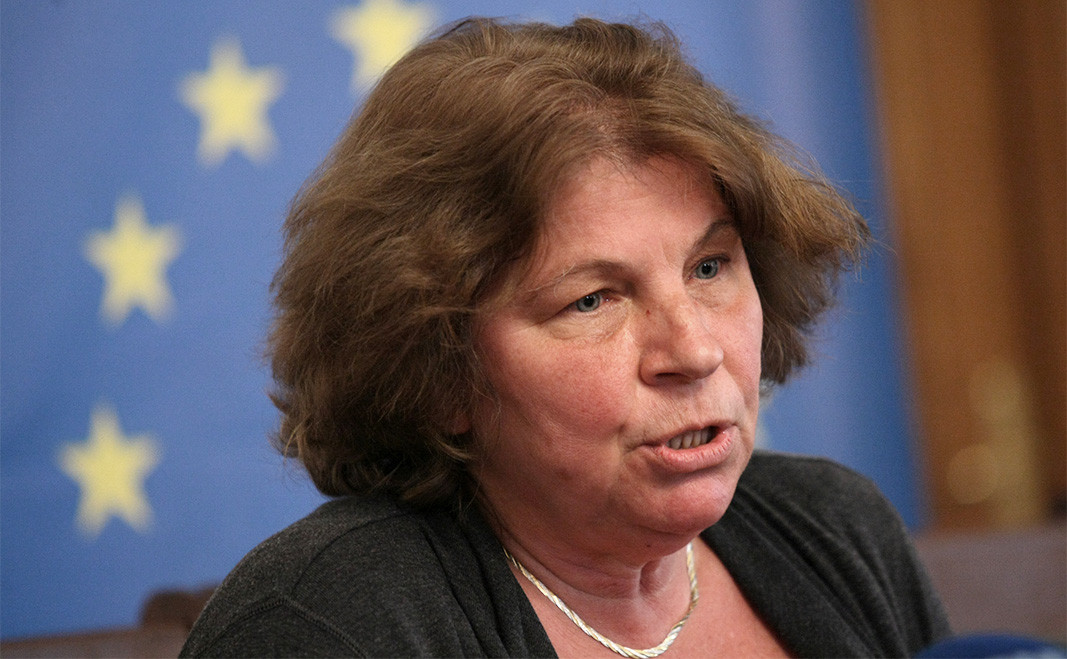
We are witnessing a new political situation in Bulgaria after the elections. According to many analysts, the ruling GERB party and this counttry’s largest opposition party ( the Bulgarian Socialist Party) have failed at these elections. With 54.63% of the tally sheets processed, the election results show the following interim data- six political formations enter the new National Assembly and no party or coalition has a majority alone.
“The conclusion from the 2021 general elections in Bulgaria is that the crisis, which arose in the summer of 2020, continues”, said historian Professor Iskra Baeva in an interview for the Bulgarian National Radio. GERB managed to recover and placed first at the elections, which was surprising, but this is a Pyrrhic victory. In fact, most Bulgarians voted to change the government, but they did it in a way that does not provide a clear alternative”.
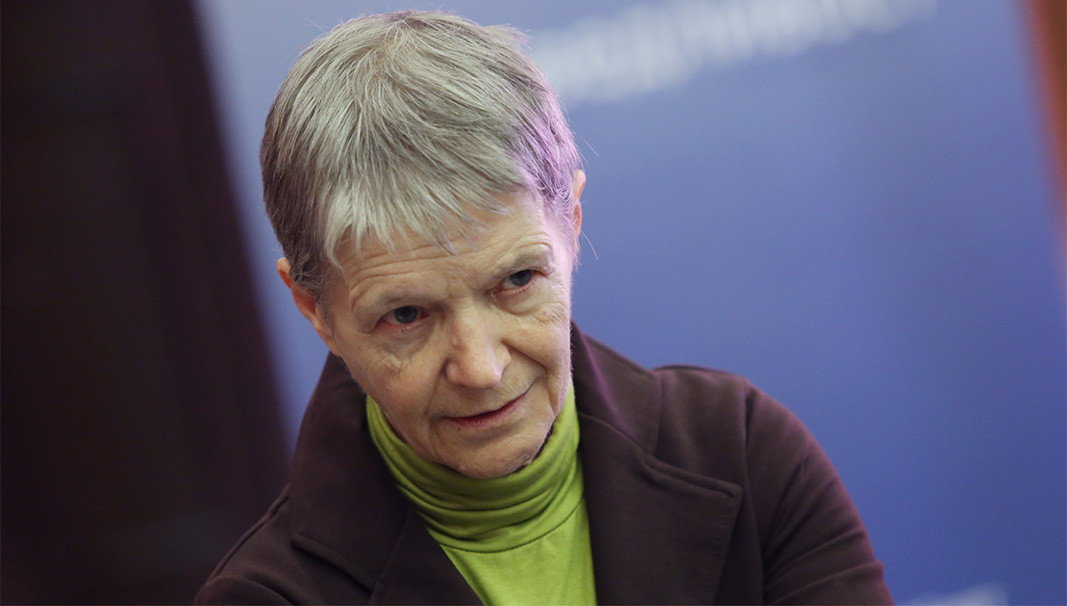
Professor Baeva placed the emphasis on the uncertainty stemming from the results of the general elections: “The statements of the leaders of the political formations show that they cannot form a coalition that will be able to operate smoothly.”
According to the Chairman of the Bulgarian Social Democratic Party Yordan Nihrizov, election silence in Bulgaria is after polling day and it has already begun. In his words, the April 4 general elections are a prelude to next elections, when we shall be faced with the most important question of all- whether to live in a Parliamentary or a Presidential Republic.
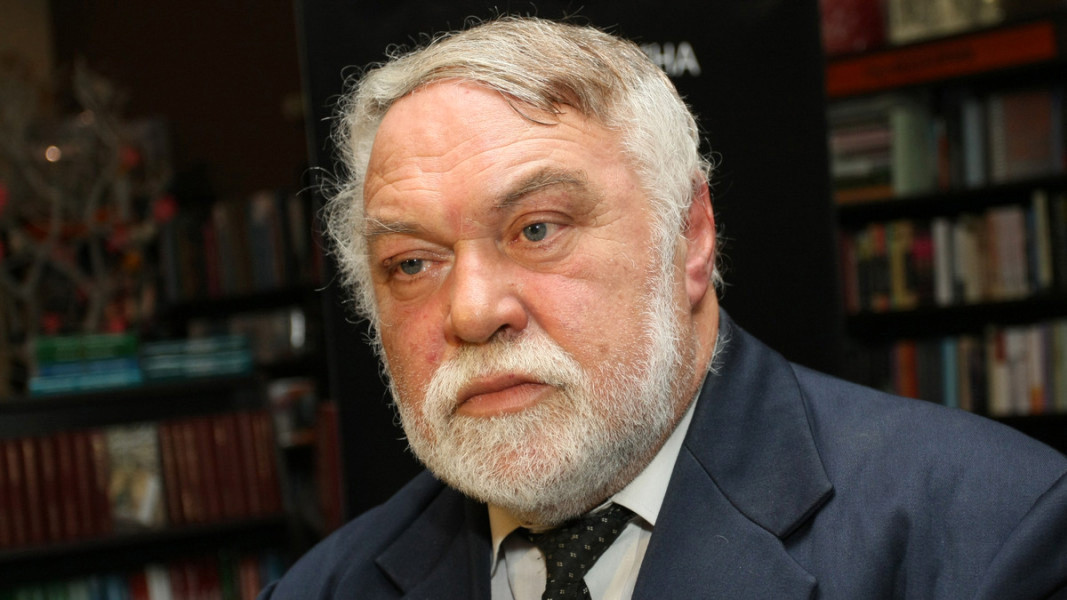
GERB came to power twelve years ago and it is not that difficult to blame the government for all problems, especially in times of health and economic crisis, contends Georgi Harizanov from the Institute for Right-Wing Politics.
“If voters wanted GERB to have a rest, they would have shown it with their votes. The formation of a Parliamentary majority depends on Boyko Borissov and those who would sit down to talk about the important things for Bulgaria in the coming months- are they more important than organizing new elections or keeping GERB in opposition at all cost. We are yet to see what “There are Such People” party will do next, since it is no longer a political project veiled in mystery, but a political party represented at the new National Assembly”, noted Georgi Harizanov.
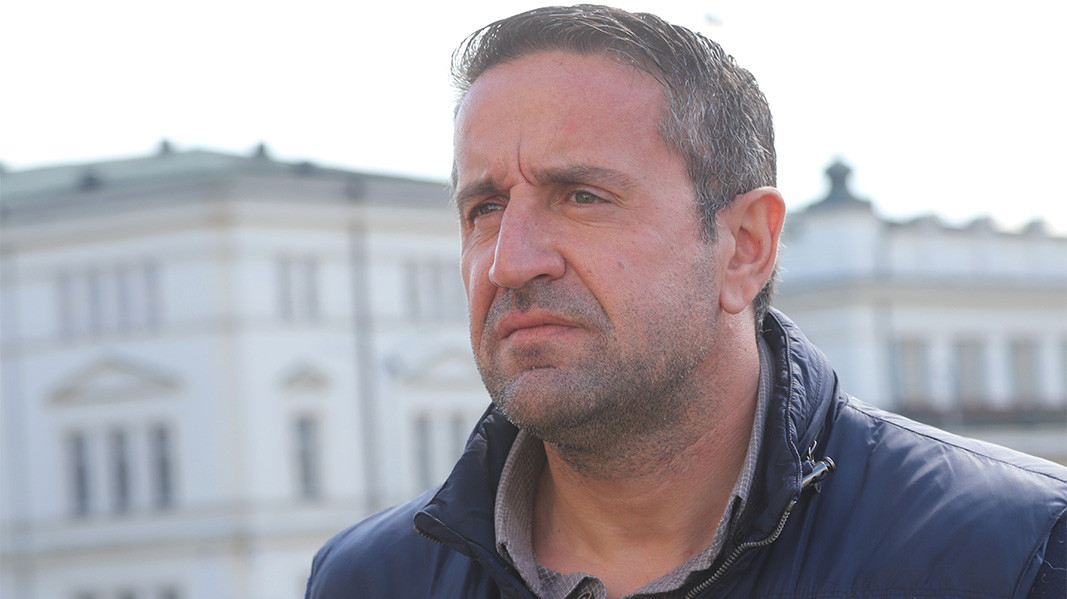
Votes for the opposition prevail in Bulgaria, underlined for the BNR sociologist Kancho Stoychev. The two to one ratio in favor of opposition-minded voters has remained since last summer. In his words, it is very likely that new Parliamentary elections will be held in Bulgaria. “A new general election is unavoidable. The question is whether a caretaker cabinet will organize early elections before the Presidential elections, or general elections will take place after the Presidential elections.”
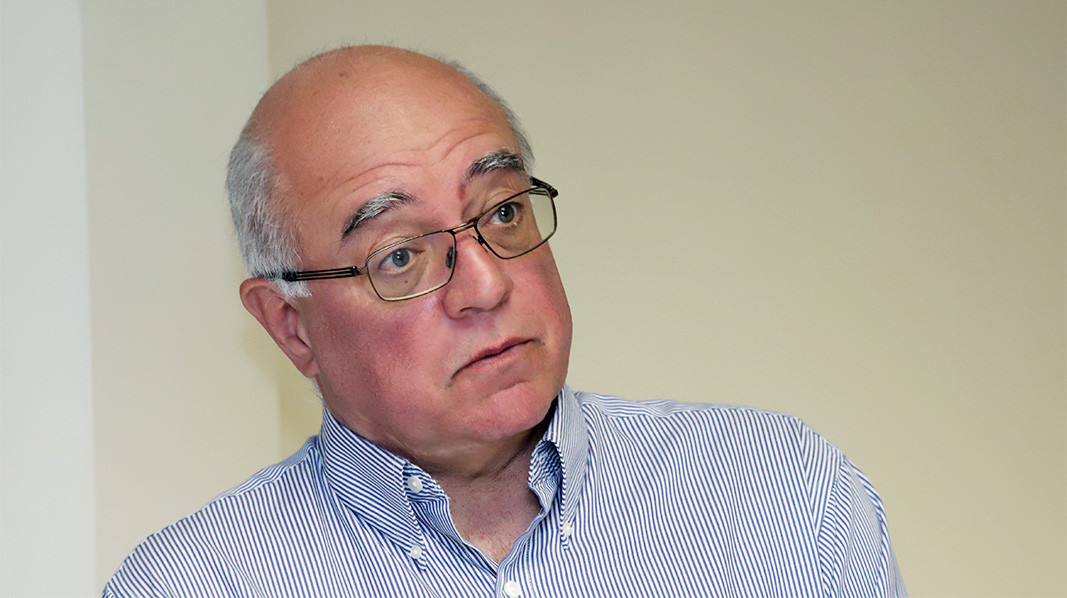
The negotiations aimed at forming a new government in Bulgaria will be tough, predict major world news agencies. The support for Bulgaria’s Prime Minister Borissov has eroded, wrote the Associated Press. Premier Borissov will have difficulty holding onto power, after a surge of votes for anti-establishment and anti-corruption parties that want him out, commented Reuters. Protest parties in Bulgaria failed to unite against the status-quo, reports the Austria Press Agency (APA). Spiegel warns that the expected difficult formation of a new government in Bulgaria could lead to problems with the allocation of money from the EU Covid-19 Recovery Fund, which will slow down economic recovery in the poorest country in the EU.
Compiled by: Elena Karkalanova
English version: Kostadin Atanasov
Photos: BNR, archiveBulgaria’s National Assembly rejected President Rumen Radev’s veto on the amendments that expand the powers of the special commercial administrator of Lukoil, reported BNR’s correspondent Maria Fileva. The MPs from the ruling majority, supported by..
President Rumen Radev has vetoed the legislative amendments related to the appointment of a special commercial administrator in the Lukoil refinery in Burgas. The head of state said that the amendments undermine the legal order in..
Convulsions Before Multipolarity — a Time When Illusions Are Sacred and Truth Is Heresy is the title of a new book that will be officially presented in early November in Sofia. It explores the agony of a unipolar world, an era of geopolitical..

+359 2 9336 661
